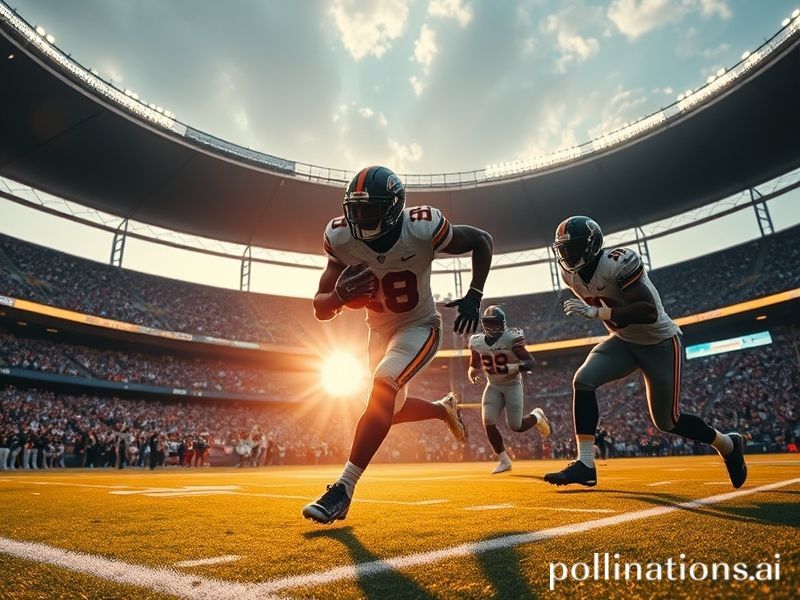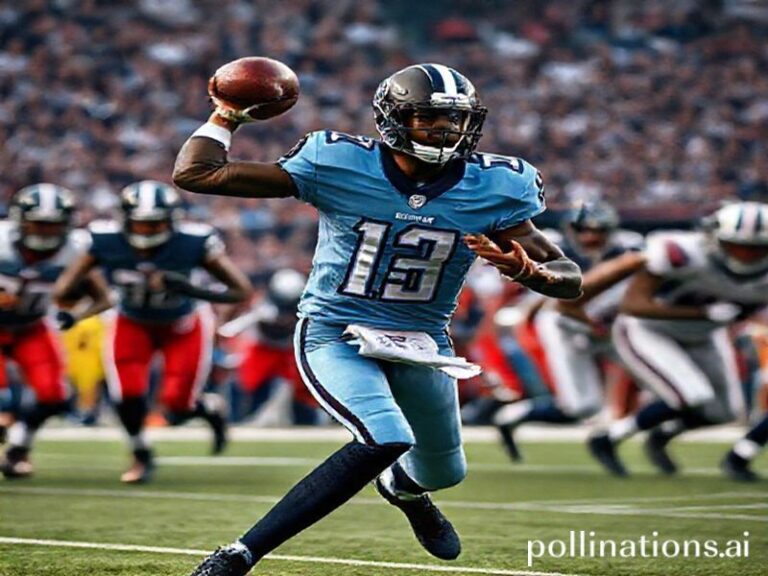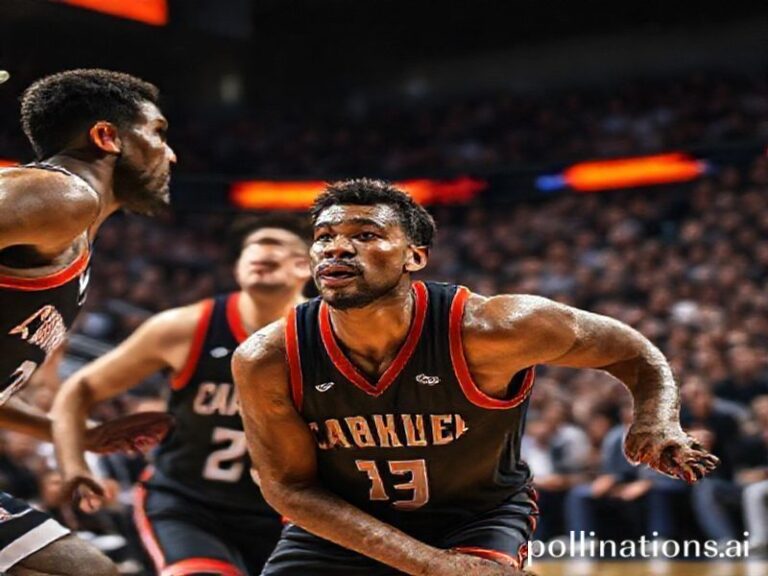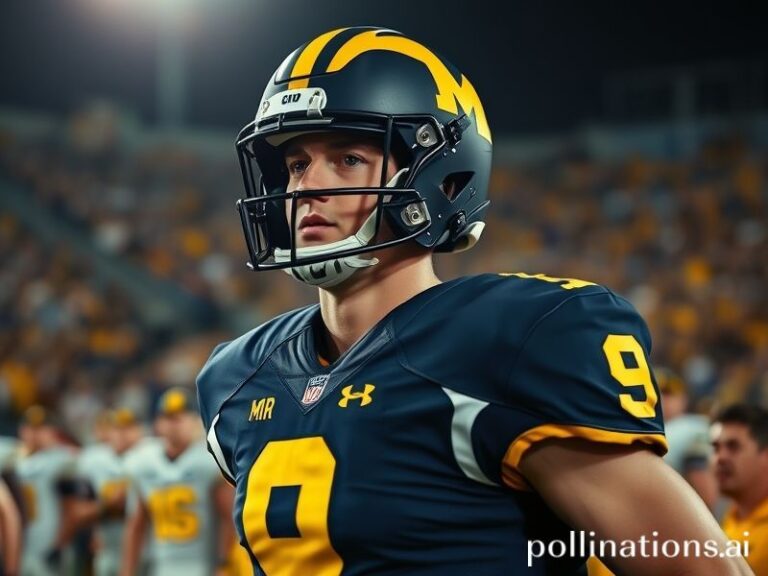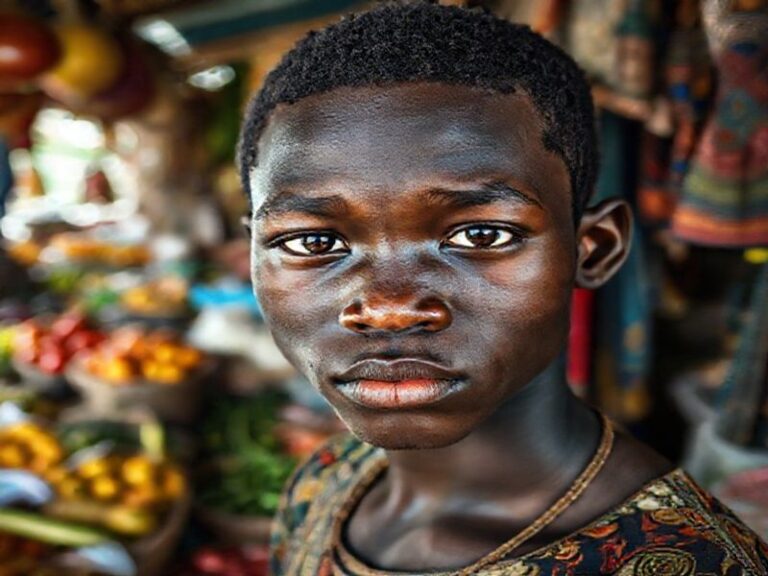Alvin Kamara: How One NFL Star Became a Global Derivatives Contract in Cleats
Alvin Kamara and the Global Gladiator Economy
by Our Correspondent in the Departures Lounge, CDG
The first thing you notice about Alvin Kamara—once you get past the diamond dental grill that could refinance a small nation’s sovereign debt—is that he travels with the serene confidence of a man who has monetized every twitch of his hamstrings. From his perch in the New Orleans Saints backfield, Kamara has become a case study in how the modern athlete is less a sportsman than a cross-border logistics firm wearing cleats. And because ours is an age that insists every human story be scaled to planetary significance, we are obliged to ask: what does Kamara’s rise say about the rest of us, frantically refreshing our brokerage apps in 37 languages?
Begin with the obvious: the National Football League is American in geography only. Its Sunday spectacles are simulcast from Lagos sports bars to Singaporean betting parlors, where insomniac traders hedge against the yen by wagering on Kamara’s next rushing yard. When he scores a touchdown, DraftKings’ servers heat up in Dublin; when he tweaks an ankle, sneaker futures wobble in Guangzhou. The man has become a walking derivatives contract—call it KMR-25—whose quarterly earnings are measured in broken tackles instead of EBITDA.
This globalization of collateral ligaments has not escaped the notice of governments desperate for soft-power wins. France, still sulking that American football is not American enough to be called “football,” subsidizes youth flag leagues in the banlieues to keep restless teenagers from setting cars on fire on Saturdays; Kamara highlight reels are looped like instructional videos on non-violent acceleration. Meanwhile, Qatar—never missing an opportunity to launder reputations—has reportedly floated the idea of a Saints exhibition game in Doha, presumably after the stadium air-conditioning has been tuned to the exact temperature at which human rights concerns evaporate.
Back in the United States, Kamara’s personal brand is a masterclass in post-national capitalism. His juice-bar chain, “Kamara’s Kanteen,” promises antioxidant smoothies that taste vaguely of gentrification; the franchise’s expansion roadmap lists Dubai before Detroit. His fashion collaborations with Parisian streetwear labels sell out in minutes, mostly to teenagers who couldn’t locate Louisiana on a map but can recite his career yards-after-contact in three currencies. In this context, the grill isn’t dental bling—it’s a reserve currency, convertible anywhere trust in fiat money has collapsed.
And then there is the matter of his legal entanglements, the obligatory subplot for any contemporary icon. A 2022 Las Vegas incident—let’s diplomatically call it “alleged nightclub redecorating”—resulted in an eight-game suspension, prompting a brief dip in Kamara Inc.’s Q3 sentiment score on the Nairobi Sports Sentiment Exchange. The episode served as a reminder that even the most efficiently packaged human product remains, inconveniently, human. Investors hate reminders.
Yet the suspension also illustrated the global elasticity of celebrity. Within weeks, international fan accounts on Weibo were translating courtroom transcripts into Mandarin puns; Ghanaian TikTok comedians were reenacting the elevator footage with plantains standing in for fists. The world, it turns out, will forgive anything if you average 4.8 yards per carry and film a tasteful apology video in soft lighting.
What does Kamara portend for the rest of the species? Nothing less, and nothing more, than the final monetization of muscle fiber. While European politicians debate four-day workweeks and Japanese salarymen nap in subway cars, the modern athlete shows us the logical endpoint of hustle culture: every ligament leveraged, every sneeze sponsored. If you’re not turning your Achilles tendon into a revenue stream, are you even trying?
So the next time you see Kamara leap over a linebacker in super-slow-motion, consider the invisible scaffolding: satellites beaming the image to a village in Uttar Pradesh where a boy decides to lift weights instead of joining the army; an algorithm in Reykjavik adjusting insurance premiums on running backs; a Geneva conference room where the word “concussion” is politely translated into “headline risk.” Somewhere in that matrix, Kamara keeps running—forward, inevitably, because there is no reverse gear in the global economy. We watch, we wager, we pretend it’s only a game. That, too, is part of the business model.

